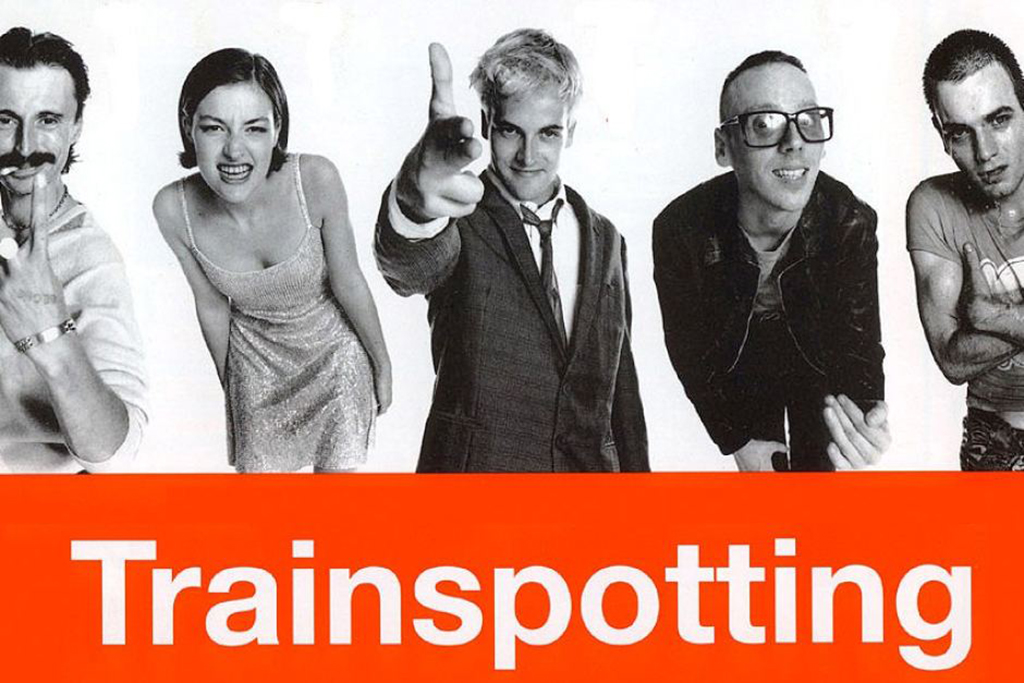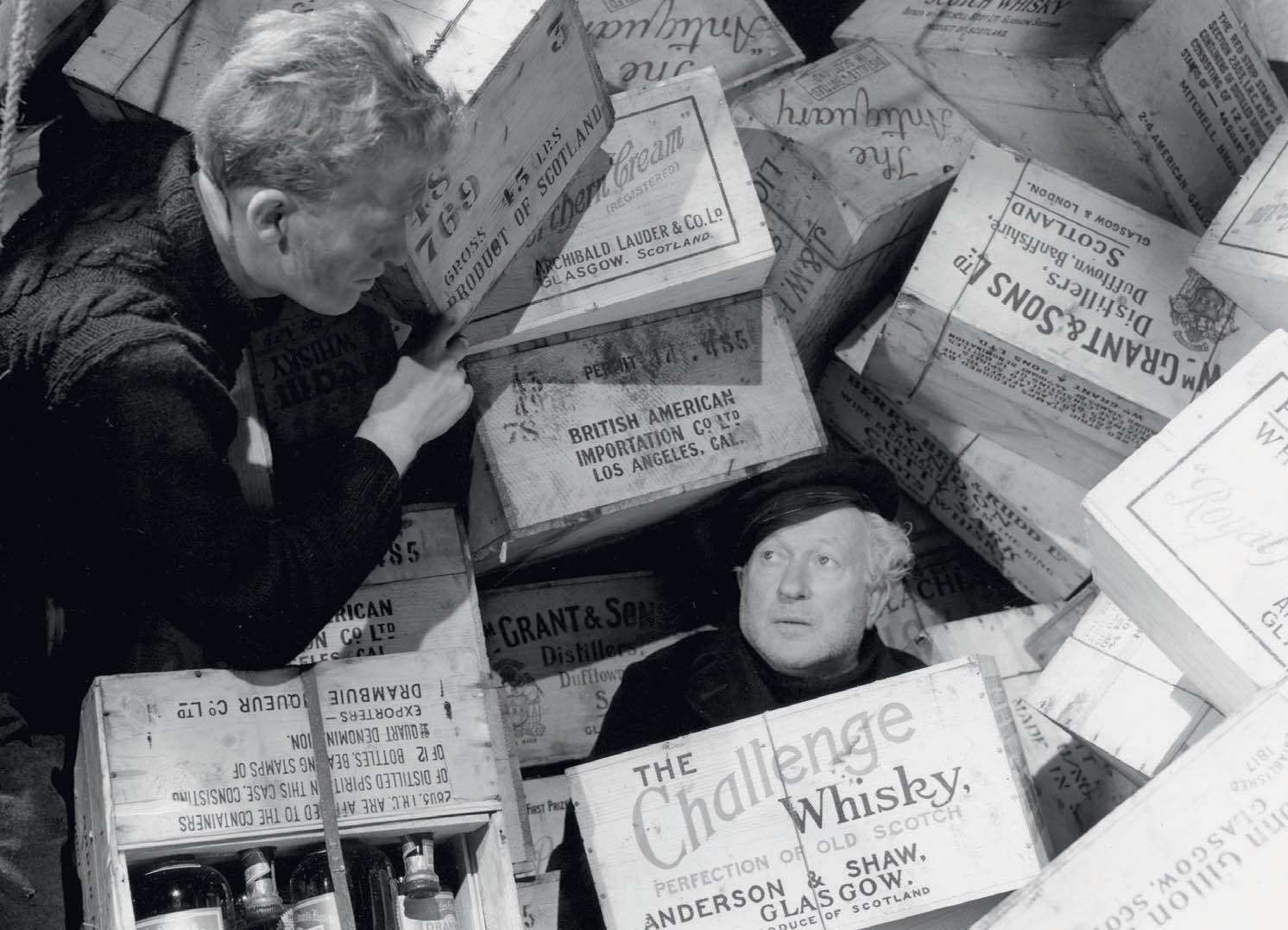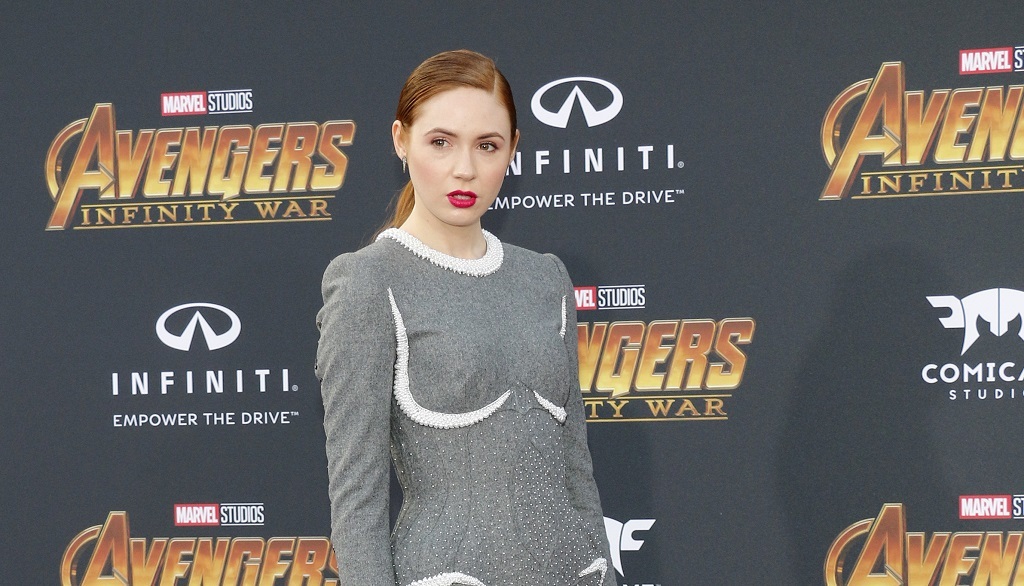
Scots and Scotland enjoying golden spell on the big screen
With our actors, directors and producers flourishing as never before, Scottish cinema is enjoying an unprecedented golden age.
We’re only a couple of years away from the 40th anniversary of the release of Gregory’s Girl, the beloved Bill Forsyth film that found off-beat humour and awkward romance among the concrete architecture of Cumbernauld.
As Caledonian film classics go, Gregory’s Girl is notable for not featuring heather, bagpipes or doughty men in kilts, but it remains unmistakably Scottish, and a high-water mark for homegrown talent.
2011 saw a welcome re-release for Whisky Galore!, the 1949 Ealing comedy about canny islanders planning to salvage 50,000 cases of liquid treasure. Here, rural Scottish stereotypes (as well as another key national characteristic, the love of a wee nip or three) were gently reinforced. Never mind that Ealing was an English company, or that the production team fi lmed on location up north simply because its regular West London studios were in use. Whisky Galore! is intractably associated with Scotland.
This brace of classic films usefully represents two competing facets of Scotland’s screen identity: the romantic, windswept land of stunning natural beauty versus a more prosaic place of urban concerns. And in the mid-1990s, each of these screen stereotypes reached a peak with an unprecedented cinematic double whammy.
In 1995, Braveheart, Mel Gibson’s sweeping biopic of freedom fighter William Wallace, was a global smash hit. It won five Oscars and, perhaps more importantly, convinced cinema-goers from New Zealand to New Mexico that ancient Scots were not to be trifled with, especially if they had their faces painted blue.

The iconic poster for Trainspotting
Then, a year later, there was Trainspotting, a jittery adaptation of Irvine Welsh’s best-selling novel that became an equally international sensation. It made a star of Ewan McGregor and Robert Carlyle and convinced those same cinema-goers from New Zealand to New Mexico that modern Scots were pasty-faced drug addicts who lived in squalor.
It has been 24 years since the blue faces and the brown powder, and the film landscape has moved on.
Sean Connery, the man who made the Scottish accent (or at least a distinctive variation thereof) a viable option for a movie star,
has been retired for almost a decade. So is the current state of Scottish film up, or Brigadoon?
Flatteringly, Hollywood came calling in 2011. Few people are entirely immune to movie-star glamour, and the thought of Halle Berry and Brad Pitt filming in Glasgow was enough to make even the sturdiest Highlander go weak at the knees. And while the films they were making – dreamy literary adaptation Cloud Atlas and zombie horror World War Z, respectively – merely used Scotland’s biggest city as a stand-in for American streets, such gigantic productions require a lot of local technical talent to ensure things run smoothly.
These blockbusters may not be perceived as ‘Scottish’ films when they open at the multiplex, but they will contain some local DNA.
There is currently an abundance of Scottish talent behind the cameras. Scotland’s film directors may be working with far more modest budgets than that of World War Z, but it’s not preventing them from pursuing ambitious projects, and at an impressive rate.
Both David Mackenzie and Kevin Macdonald are two such talents. Mackenzie demonstrated his range with You Again, a mudspattered romantic comedy shot in just four days at the T in the Park music festival, and Perfect Sense, an apocalyptic drama set in Glasgow. For his part, Macdonald, who won an Oscar for his documentary One Day in September, insisted on filming Roman adventure The Eagle in the Highlands, where Rosemary Sutcliff’s original novel was set.
It’s all the more surprising that this rush of releases has occurred during a period where the less glamorous side of movie-making – the nuts-and-bolts of funding and distribution – has gone through a notably rocky patch, with national funding body Scottish Screen being absorbed into Creative Scotland, and the wider UK Film Council being shut down entirely.

Whisky Galore has become an enduring classic
As in most other businesses, old models of film-making have been challenged by technical advances, but this has also created opportunities. Richard Jobson, former singer with The Skids, has become a formidable independent writer/director, combining a natural showman’s verve with a gift for working within whatever budget he can muster. His film The Somnambulists is a sober documentary about veterans of the war in Iraq.
While he is best known as an actor, Peter Mullan reminded us of his writing and directing skills with the multiple Bafta-nominated Neds, a coming-of-age drama set in 1970s Glasgow. For some, it was another unflattering portrait of urban Scotland, but beyond the knives and violence lies a powerful story.
This strong slate of films – along with the much-admired We Need to Talk About Kevin, directed by Lynne Ramsay and starring modern Scottish screen icon Tilda Swinton – is not so much a sudden emergence of raw talent as a realisation of potential from film-makers with valuable experience already under their belts.
The same could be said of Scottish movie stars, with some of the best and brightest coming home for more personal projects after enjoying Hollywood success.
The boyish James McAvoy did not initially strike many as an action star, but he was convincing as a mutant hero in X-Men as Professor X, a role he has played four times.

Scots actress Karen Gillan stars in Avengers: Infinity War
Ewan McGregor has evolved into one of the most intriguing actors we have, mixing up small parts in blockbusters – such as the big-budget fantasy Jack the Giant Killer – with offbeat independent films like the aforementioned
Perfect Sense.
And while it’s still a rarity to hear a Scottish accent in a blockbuster (although Dougray Scott did memorably tell Tom Cruise to ‘put a sock in it’ in Mission: Impossible 2), Gerard Butler brought a distinctive brogue to King Leonidas in the bloody Spartan epic 300. The success of that film turned Butler into Hollywood’s go-to guy for no-nonsense beefcake. But after playing various toughs, the Paisley-born actor recently channelled his influence into a passion project. Machine Gun Preacher might sound like another popcorn flick, but it’s actually a biopic of the Reverend Sam Childers, a reformed biker who founded an orphanage in Sudan, and an indication that Butler is keen to flex his acting muscles.
The next generation of Scottish acting talent is being hot-housed in quality TV: Karen Gillan began in Doctor Who and is now one of the Marvel superheroes team in Guardians of the Galaxy, as well as appearing alongisde A-lister Dwayne ‘The Rock’ Johnson in Jumanji. Emun Elliott of Game of Thrones, among others, is making the leap from small screen to big.
The rest of Scotland’s film industry should be ready for its close-up.
(This feature originally appeared in 2011)
TAGS

